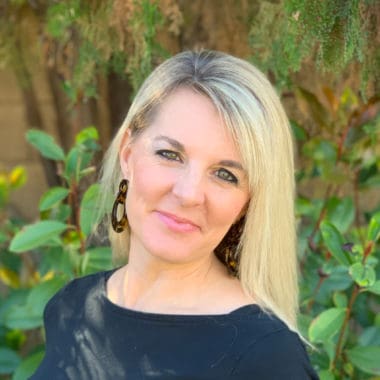St. Frances Xavier Cabrini must have been a flexible soul. Several times in her life, God asked her to pivot in her plans and follow him in directions she had not thought to discern. But through her obedience, the Lord did amazing things – and now she is honored as the first American citizen to be canonized, and the patron saint of immigrants. In the United States, we celebrate her feast day on November 13.
 She was born a miracle baby in 1850, into a world where life was especially fragile. Two months premature, she survived even though only three of her twelve siblings would live into adulthood. As a child, she would play by a stream near her uncle’s house, dropping little violets into paper boats and watching “the missionaries” float away to Eastern shores. Her health would always be compromised, and her physical weakness caused her to be turned down when she desired admittance into the Daughters of the Sacred Heart at the age of 18. This must have been heartbreaking – these sisters had been her teachers for years, but they just felt she was too frail for their way of life.
She was born a miracle baby in 1850, into a world where life was especially fragile. Two months premature, she survived even though only three of her twelve siblings would live into adulthood. As a child, she would play by a stream near her uncle’s house, dropping little violets into paper boats and watching “the missionaries” float away to Eastern shores. Her health would always be compromised, and her physical weakness caused her to be turned down when she desired admittance into the Daughters of the Sacred Heart at the age of 18. This must have been heartbreaking – these sisters had been her teachers for years, but they just felt she was too frail for their way of life.
Here was the first pivot – a priest asked her to teach at an orphanage, and she embraced God’s new call. Her enthusiasm attracted others, and soon she had a community of women following her. They took religious vows, and she added ‘Xavier’ to her name after the great missionary priest St. Francis Xavier. Their order was named The Missionary Sisters of the Sacred Heart of Jesus. Her heart, it seemed, still belonged to the Eastern missions.
She asked permission of the Pope to establish missions in China. But Pope Leo XIII was thinking instead of the thousands of Italian immigrants flooding into America – orphans themselves, in a sense – far from home, in great poverty, and without spiritual support. We can imagine her surprise when the Pope told her, “Not to the East, but to the West.” Another pivot.
Obedient again, she packed her bags, gathered six other sisters, and joined the throngs of Italians heading to New York. When she arrived, she encountered another surprise: the house they had been promised was no longer available, and the archbishop insisted she return to Italy. This time, she held her ground. Certain that this was God’s will for her, after all her other changes in plans, she refused to return. Eventually, he found them room at another convent and no doubt became glad he had: over the next 35 years these women would found 67 institutions around the United States and the world, caring for the poor and sick in hospitals, schools, and orphanages. Mother Cabrini, as she was called, was prayerful, resourceful, and an astonishingly skilled administrator. She became a citizen of the United States in 1909 and died eight years later in one of her own hospitals in Chicago.
It would seem that in heaven, she made another plea to go East. This time, God humored her. Long after her death, the sisters of her order would be sent as missionaries to China, and surely with joy she watched them sail away, as she had watched the little paper boats of her childhood.
St. Francis Xavier Cabrini, pray for us, that we may accept the upsets of life when they are God’s will for us, stand firm when they are not, and that we may have the discernment to know the difference. Give us, too, a heart for the poor and needy and the spiritual eyes to see them in our own midst.
Amen.
Editor/Author’s note: This post originally appeared in Endow Voices.
Paper Boat Photo by Artak Petrosyan on Unsplash



